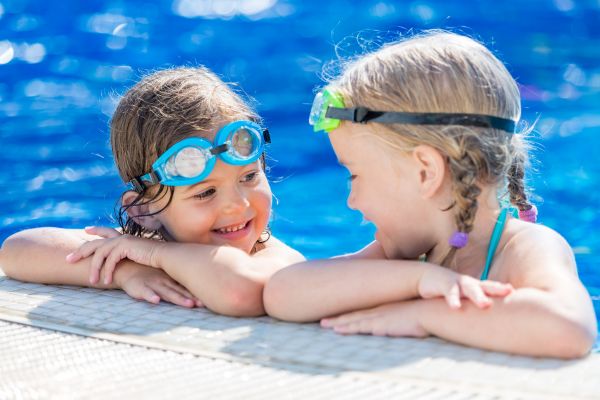Deadline: 12-Sep-23
Do you deliver athletics-based activity to children and young people? The Personal Best Foundation has launched a call for evidence to identify, learn from and collaborate with existing athletics-based activities and programmes in England that support children and young people from underserved communities.
This new research project will help the foundation to identify the common factors to athletics programmes that are successful in engaging and delivering positive social impact beyond athletics competence to children and young people who are at higher risk of experiencing poverty, social exclusion and discrimination.
If you deliver athletics based activity to underserved young people (aged 4-25 years), they’d love to hear from you. They are particularly interested in hearing from those who provide activities that support children and young people who:
- live in areas of high social deprivation
- come from low-income families
- are from under-represented ethnic and faith-based communities
A small grants fund will also launch alongside the call for evidence, providing an opportunity for existing athletics-based projects to apply for financial support, helping to sustain, enhance or increase provision to children and young people from underserved communities.
Small Grants Programme
- As part of the call for evidence, Personal Best Foundation will also be seeking to award several small grants of between £500 and £2000 specifically to support club or community programmes that are already actively supporting children and young people from under-served communities.
Who can take part?
- Any organisation actively involved in delivering athletics-based activity to underserved children and young people (aged 4-25 years) including but not limited to athletics clubs, sports clubs, youth groups, community groups, housing associations, leisure trusts, local authorities, schools, charity organisations and local businesses.
- Underserved communities may include children and young people who: live in areas of high social deprivation, are from under-represented ethinic and faith based communities, come from low income families, are in care or who have a social worker, have special educational needs, have physical/learning/sensory disabilities or mental health problems, have been, are, or at risk of being excluded from school or college, are not in education, employment or training (NEETs), identify as LGBTQIA+, are experiencing homelessness, are refugees or asylum seekers or those who experience barriers to being physically active.
For more information, visit The Personal Best Foundation.
